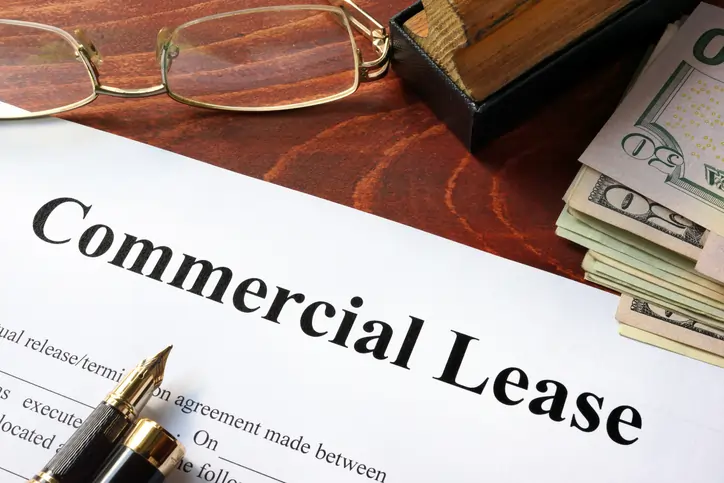

A commercial lease involves occupying a landlord’s property as a business tenant for your commercial use, usually for a fixed term and in return for rent. Though similar to a residential lease, commercial tenants typically enjoy fewer protections under the law, though do have more freedom in negotiation.
It’s important to be aware of the key legal points when ending or renewing a commercial lease to ensure you enjoy the legal rights afforded to you and get the best possible terms.
Types of commercial lease
Before taking an action, it’s important to understand the type of commercial lease you have. Broadly speaking, there are two types of lease, those protected under the Landlord and Tenant Act 1954, and those that are opted out of the Act and thus unprotected.
Leases that are protected under the Act afford two very important protections. Firstly, the right to automatically renew the lease once it has expired, and secondly, the right to remain in the commercial premises once the lease has ended at the same rate of rent and on the same contractual terms. Though protected leases will renew automatically, there are cases where a landlord can oppose this renewal on limited legal grounds, such as persistently late rent payments, unauthorised subletting or other contractual breaches.
Unprotected leases usually involve the inclusion of a clause in the original lease that opts out of the protections afforded by the Act. In these cases, the lease will end on the specified date, providing no legal right to renewal. The business tenant must then either vacate the property or negotiate a renewal with the landlord.
Initiating a lease renewal
Both a commercial tenant and the landlord may initiate the lease renewal. The Landlord and Tenant Act 1954 outlines strict procedural guidelines for doing so, including time limits. It’s vital that these procedures are followed to the letter, as once legal deadlines and time limits elapse, the right to renewal may be lost.
If a landlord wishes to initiate the lease renewal, they will do so by serving a Section 25 notice, which will detail a termination date between 6 to 12 months from the date of the notice. This notice will also inform you as to whether the landlord opposes the renewal, and the associated legal grounds for doing so.
A tenant initiates the renewal process by serving a Section 26 notice, which seeks to establish a new lease and propose the terms of the new tenancy. The same 6 to 12 month window applies, so it is important to be aware of time frames and begin potential lease negotiations within an appropriate time from the date of the notice.
Ending a lease
Alternatively, either or both parties may wish to end the lease. As a commercial tenant, you have a legal right to end a lease before the agreed upon date under certain circumstances.
Some commercial leases may include a break clause, which can be useful for businesses experiencing commercial or economic uncertainty. A break clause provides a legal provision for ending a lease before the full term, though there are usually conditions that must be met in order to legally trigger one, such as rent and repair obligations being met. Failure to meet these conditions may render the break clause invalid.
In circumstances where you wish to exercise a break clause, it is particularly important to seek legal advice, as the invalid application of a break clause can incur potential legal consequences, and result becoming locked into a lease until the originally agreed-upon date.
Negotiating a lease
Once it has been decided that a commercial lease will continue, it is up to the parties to negotiate the new terms of the lease. In many cases, the new lease will continue on the same terms as the old one, unless either party has good reason to change them. In very rare cases when the parties cannot agree on new terms, it may be taken to court and a judge will decide, though in practice, this is exceedingly uncommon.
A good starting point when looking to negotiate new terms is to look at the current property market to get an idea of rent charges. If you suspect you may be paying too much, it could be worth hiring a surveyor to determine the market value of the property, as this information will enable you to better negotiate from a position of strength.
There are other aspects to a new lease that you may wish to negotiate with your landlord. Some of the most common include the inclusion of a break clause, rights to non-structural alterations and repair obligations, caps on additional charges or other added extras.
Whatever your aims in negotiation may be, it is vital to enter the negotiation phase with your businesses’ needs at the forefront, whether that may be concerns over outgrowing the premises or other limits on certain activities that may impact your normal operations.
Final thoughts
Commercial leases and their associated legal terminology can often be a rather complex area of the legal landscape.
It is important not only to be aware of the legal considerations around your commercial lease, but also ensure you have access to advice from a legal professional, who can guide you through the process and make certain your lease is negotiated on the best possible terms for the needs of your business.


